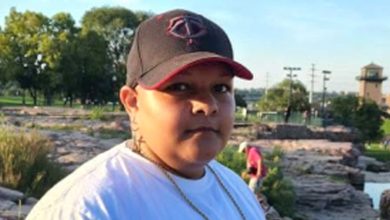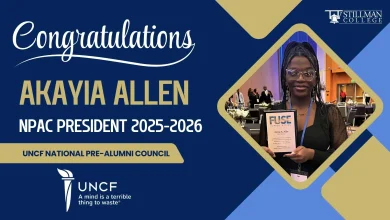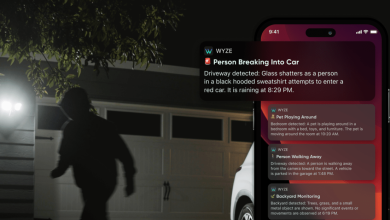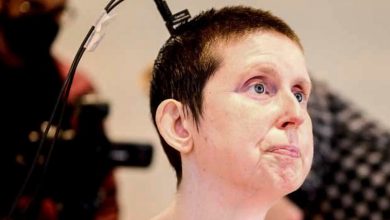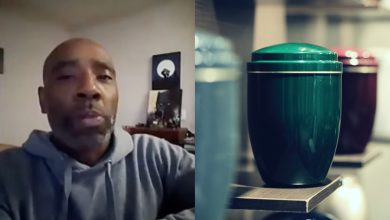ACLU sues University of Michigan over campus bans for pro-Palestinian protesters
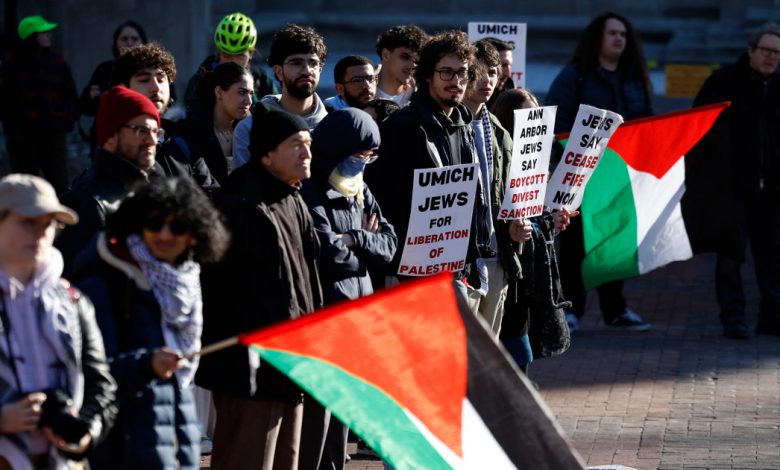
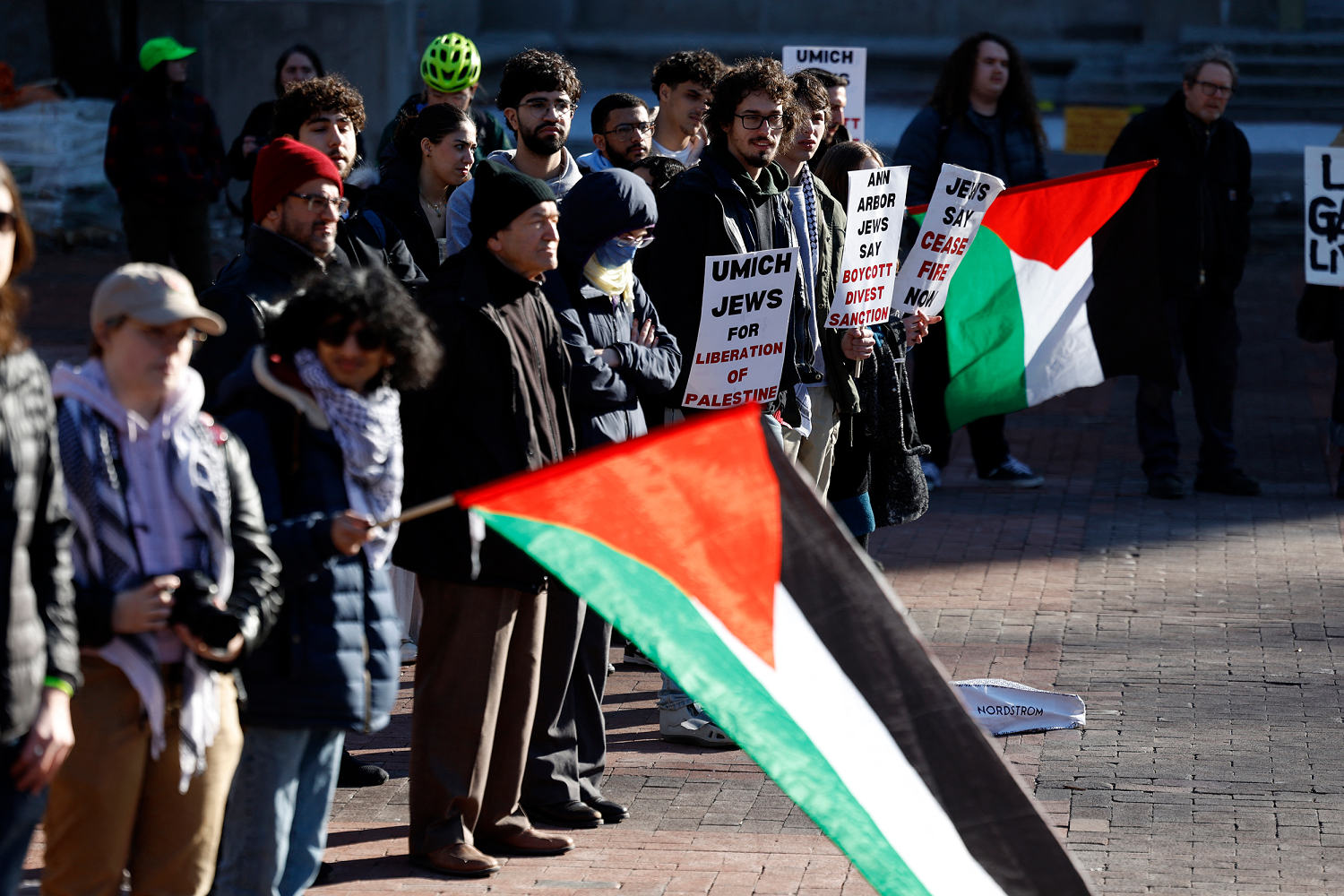
LANSING, Mich. — Jonathan Zou, a second-year student at the University of Michigan, was among the thousands of students who joined pro-Palestinian protests on university campuses nationwide this past year. Although the campus protests have subsided, the repercussions for students like Zou remain.
Since his arrest by university police last Oct. 7 after using a megaphone during a pro-Palestinian march, Zou has been banned from all University of Michigan campuses, except for attending class or seeking medical care.
Zou is one of five individuals facing similar bans who the American Civil Liberties Union is representing in a lawsuit that accuses the University of Michigan of violating their right to free speech. The lawsuit, filed Monday by the ACLU in federal court, also argues that the university “abused its authority to ban people from public property.”
“The university says it appreciates this history of activism, but it will arrest students, ban students, surveil students and repress them through legal or school disciplinary means,” Zou said in an interview before the lawsuit was filed.
In response to a request for comment, a University of Michigan spokesperson said the university has not been served with the lawsuit and has no comment at this time.
Pro-Palestinian demonstrations swept college campuses last spring, with activists setting up tent encampments and, in some cases, escalating their protests further. Thousands were arrested; while many had their cases dismissed, others remain in legal limbo as they pursue their education.
On Wednesday, President Donald Trump signed an executive order calling for aggressive action to fight antisemitism on college campuses and promising to prosecute offenders and revoke visas for international students found to be what he called “Hamas sympathizers.”
Michigan has been deeply affected by tensions over the Israel-Hamas war, with metro Detroit home to the nation’s largest Arab American community and a significant Jewish population. These dynamics have sparked unrest on University of Michigan campuses, resulting in police clashes with protesters and demonstrators targeting university regents for protests.
Last week, the University of Michigan suspended a pro-Palestinian group for two years and pulled its funding after accusing the group of violating the university’s standards of conduct.
The ACLU’s lawsuit was brought on behalf of Zou and one other current student, two recent graduates and an Ann Arbor community member. According to the lawsuit, the individuals were each issued trespass bans after being accused of misconduct during protests but never formally charged for it.
Zou was participating in a march on the University of Michigan’s Ann Arbor campus on the one-year anniversary of Hamas’ Oct. 7 attack on Israel that killed 1,200 people and another 250 were taken hostage. The 2023 attack sparked a war that has devastated the Hamas-ruled Gaza strip.
Zou was arrested after using a megaphone during the march, but never formally charged.
The trespass bans have upended individuals “daily lives, disrupted their education and work, and are blocking their ability to speak and protest freely on the University’s vast campus,” according to the lawsuit. The individuals are asking the federal court to lift their bans and prevent the university from issuing broad trespassing bans in the future.
A ceasefire took effect last month between Hamas and Israel, leading to hostage-for-prisoner swaps and a flood of aid into the Gaza Strip after a 15-month ground war marked by devastation, hunger and mass displacement in the territory. Looming large is the possibility that fighting will resume if the ceasefire breaks down after the six-week first phase.
